While you waited for your iPhone 14 Pro, Apple faced Foxconn delays, union woes, and just a little mockery from Samsung.
If you feel that Apple didn't bring out anything new in November 2022, then you are probably one of the many whose iPhone 14 Pro hasn't arrived yet. Or perhaps you've got one, yet for some strange reason don't happen to have become stranded in a remote place away from cell reception.
Apple's biggest launch of the month, for users, was the rather amazing Emergency SOS via Satellite. Announced alongside the iPhone 14 range, the service was turned on for users in the US and Canada in November, with selected other countries to follow in December.
You have to hope that you would never need the ability to call for help from deep in the wilderness, or high up a mountain, but you also know it will happen to someone.
The instant Apple brought out Crash Detection, it was immediately and unfortunately being tested in real-life accidents. Whereas with Emergency SOS via Satellite, there were no reports of incidents... in November.
There were in December, though, just days after the service was switched on.
Smaller scale launches
So Emergency SOS is huge if you're involved in an accident and it's the way you get to live to tell the tale. For most of us, it's impressive, but we'll never experience it.
Consequently, it indeed feels as if Apple failed to bring out much in November, certainly not compared to its October haul of new devices. Expected launches like Apple Music Classical didn't happen, and nor did we see any M2 MacBook Pro releases.
But there was Oceanic+ for the Apple Watch Ultra. Actually made by Huish Outdoors, it was presented by Apple at Watch's launch as being what made the Apple Watch Ultra into a dive computer.
Samsung brought out ads and features
Meanwhile, Samsung brought out a phone feature that would be very familiar to Apple users. The iPhone's Back Tap, where you literally tap on the back of the iPhone and it can run accessibility features or Shortcuts, is now on certain Samsung phones.
Only, it is as if Samsung heard that this feature was in accessibility, and misheard that as "inaccessibility." The steps you have to go through to get this thing to work are ludicrous.
That's the problem with Android features. You hear that Android does this and that, but it turns out that only some Android phones do, and then with difficulty.
Which is somehow not a point Samsung raised during its "On the Fence" ad.
Ignoring this issue that you might have to buy five different Android phones to get all of the features Android fans say Apple is late to, it's still true that Apple is late to them. This ad shows someone literally on a fence, thinking about moving from iPhone to Android specifically because of these various features.
It's possibly significant, though, that he never makes the jump in the ad.
Apple isn't worried about Android
So Samsung mocks Apple with one hand, while it copies it with another. Same old, same old, and Apple is hardly concerned about it all.
That said, this month Apple executives would be forgiven for not even noticing what Samsung is working on since they had to be much more worried about how Foxconn was not working much at all.
Apple's largest manufacturer of the iPhone saw its largest iPhone factory brought to a halt by China's severe COVID lockdown measures. While Foxconn moved some iPhone production to India, it was never going to be enough.
Consequently, November saw Foxconn saying that its revenue growth predictions were now little more than childhood dreams. And Apple made the rare move of issuing a statement about how the lockdowns were affecting the production of the iPhone 14 Pro.
The short version is that the issue is probably why you can't get an iPhone 14 Pro from Apple online before Christmas.
Foxconn has major staff problems
As you may have seen, China's lockdowns were so particularly severe that the residential population rioted about them. So did Foxconn workers — but it turns out that they had more to complain about.
Foxconn and the local authorities agreed on a "closed loop" system, where workers could work in the factory and then sleep in the factory dorms. That doesn't exactly sound like a dream job at the best of times, but November was not the best of times.
When confined to barracks, you are dependent on the food being supplied by the company and in this case, allegedly, that was a bad thing. A shortage of food was nearly the last straw, but not quite.
More riots broken out at Foxconn factory in communist #china's Zhengzhou. Violence clashes escalated by both CCP & chinese rioters, tear gas grenades were fired as chinese rioters returned hostiles w/ fire distinguisher. pic.twitter.com/5OU7dXAiiE
— Northrop Gundam (@GundamNorthrop) November 23, 2022
The real last straw appears to have come from when Foxconn, in the face of all its problems, decided to create some more. Although it later claimed this was a "technical error," what happened is that workers promised bonuses had their contracts altered to make them ineligible.
It was said first that hundreds of Foxconn workers rioted, but then after the situation eased — and Apple apparently sent a team to the site — things changed. Foxconn decided to pay around 20,000 rioters on condition that they left the company.
We will never know what Apple's team said to Foxconn, and we won't ever know if that team also spoke to the workers.
It'd be funny if they told the workers to unionize.
Speaking of staff
Unions and Apple is a topic that will not go away, but November did seem to shine a particular light on it. And it was also the month that Apple Glasgow became the first UK Apple Store to unionize.
Here's the thing. Back in the day, Apple Stores staff were ambassadors for the Apple way of doing things.
That would routinely mean them advising customers to buy somewhere else if that was the right thing for them to do. This month, we heard stories of sales drives, of pressure to upsell, of laminated tree charts designed to motivate staff into selling, selling, selling.
Apple Stores became an astounding success by not copying other retailers. Now it's copying them, and doing so at a time when retail is struggling, and the heavy selling technique is at best only working in the very short term.
Perhaps it used to be true that unionization meant bringing in a third party, and that would impair the relationship between Apple and its staff. That's certainly Apple's position today, but from what we learned in November, there isn't a relationship.
For one instance, a worker said this month that complaining to Apple about anything was like "writing to Santa" for all the good it did.
Whereas if unions weren't going to help, Apple wouldn't be spending money on hiring labor-busting lawyers. Nor, as we also heard this month, would Apple be sending anti-union managers around its stores.
Or there is just this. Earlier this year, Apple increased the starting pay for retail staff from $20 per hour to $22.
Maybe Apple would have done that anyway, in an economy where it's laying off people and cutting back on hiring. Perhaps it is entirely coincidental that the raise happened when staff are talking to unions.
Speaking of layoffs
Staff relations at Apple indeed were a lot better this month than they were at Twitter. But then Twitter's new owner Elon Musk did find a unique way of easing staff problems — by firing them.
Reports vary over how much of Twitter's workforce has been laid off, not least because Musk keeps hiring some back when he figures out what they did all day. But at times it's said that 70% of Twitter staff are gone.
It looked increasingly likely in November that Twitter itself could be gone from the App Store. While Tim Cook said publicly that he was counting on Twitter to continue moderating its content, Twitter was publicly not moderating its content.
And you knew that Twitter was in danger because Musk went on the offensive, in just about every sense of that word. Musk cannot win the argument that he is not allowing hate speech on Twitter when he is allowing hate speech on it, so he took the politician's approach.
Musk tried to change the battleground. Twice.
First, he briefly railed against what he called Apple's "hidden tax," the 15% to 30% fee Apple charges for being on the App Store. That's so well known that it requires a hitherto unfamiliar definition of the word "hidden."
When that didn't work, Musk went for the argument that Apple has paused advertising on Twitter, therefore Apple is against free speech. You could maybe make a really tortuous argument that it's advertiser spending that supports the service, therefore Apple was removing that support.
But you didn't buy that and neither did anyone else. Just as no one would buy a Twitter phone if Apple did drop the service.
We will never know if Musk had a third fatuous battleground to try, though, because, on the very last day of November, he was called in to Apple Park.
He's presented this as Tim Cook giving him a personal tour of Apple Park, but it feels so much more like him being sent to the headmaster.
November was a heavy month
There were some lighter moments in November 2022, and perhaps even a small but promising glimpse into the future, too.
That glimpse game from the world's first foldable iPhone, except it, wasn't made by Apple. And it isn't very good.
But as an example of engineering skill and sheer hard effort, it was uplifting. Plus you realised just how much you want a real iPhone fold.
Instead of giving us that, though, Apple keeps on introducing these other things, like MagSafe. Which is how in November 2022, a man was able to fish out his lost iPhone from underneath floorboards.
It's still not clear why he didn't just lift the floorboard, but there you go.
And speaking of there you go, November 2022 was the last time a particular reporter saw one of his AirPods. During a live news report about rising crime rates, a bird stole the journalist's AirPod right out of his ear.
There's probably some symbolism to be found there. But let's instead turn our attention to December 2022, when there is still apparently so much Apple is due to release.
2022 in review
- Apple's got $3 trillion, Intel says it's got an M1 killer, and Spotify has problems - January 2022 in review
- Ukraine invasion, App Store Changes, and retail openings - Apple's February 2022 in review
- Mac Studio hit, Studio display miss, and the iPhone SE - March 2022 in review
- iPhone Self Repair Program, Twitter, Studio Display webcam 'fix' - April 2022 in review
- Mac delays, iPod's demise, and Musk hesitates over Twitter - Apple's May 2022 in review
- WWDC, iPhone's anniversary, and USB-C is taking over - Apple's June 2022 in review
- MacBook Air ships, Apple Arcade loses games, and Chris Evans' iPhone - July 2022 in review
- The iPhone 14 event looms, roaming AirTags, and crime - Apple's August 2022 in review
- iPhone 14, Apple Watch Ultra, AirPods Pro and more - Apple's September 2022 in review
 William Gallagher
William Gallagher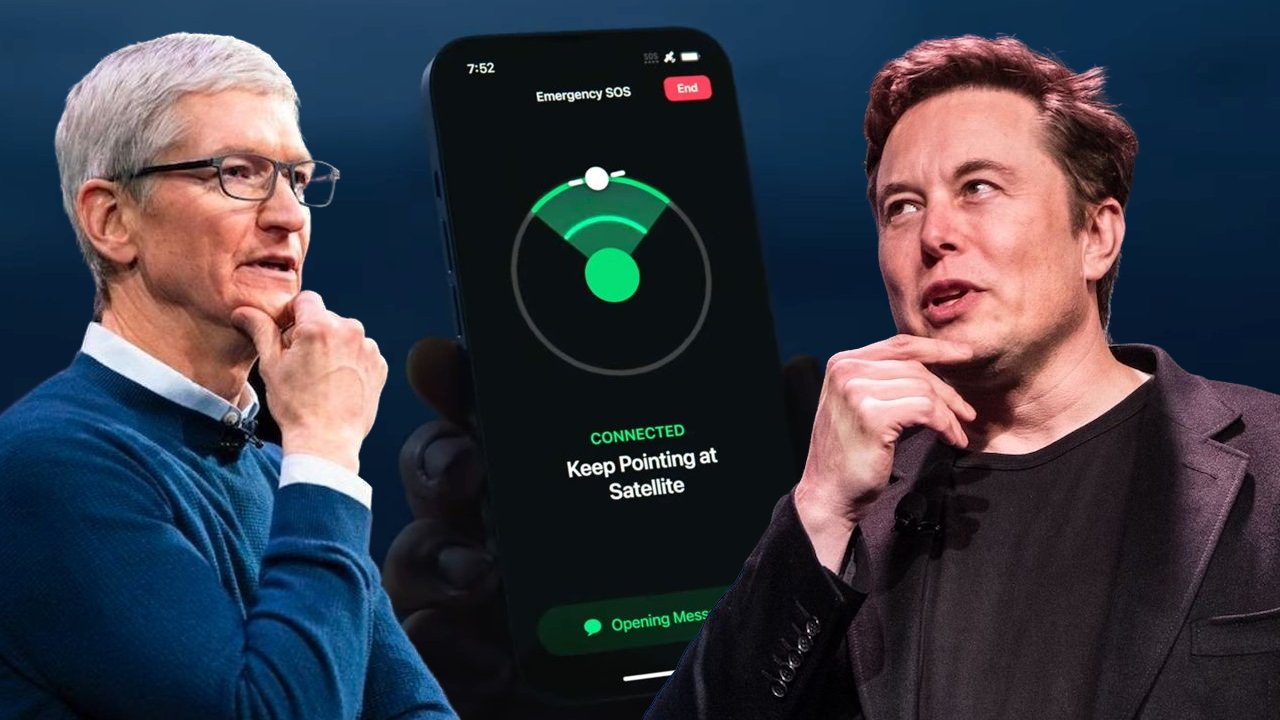
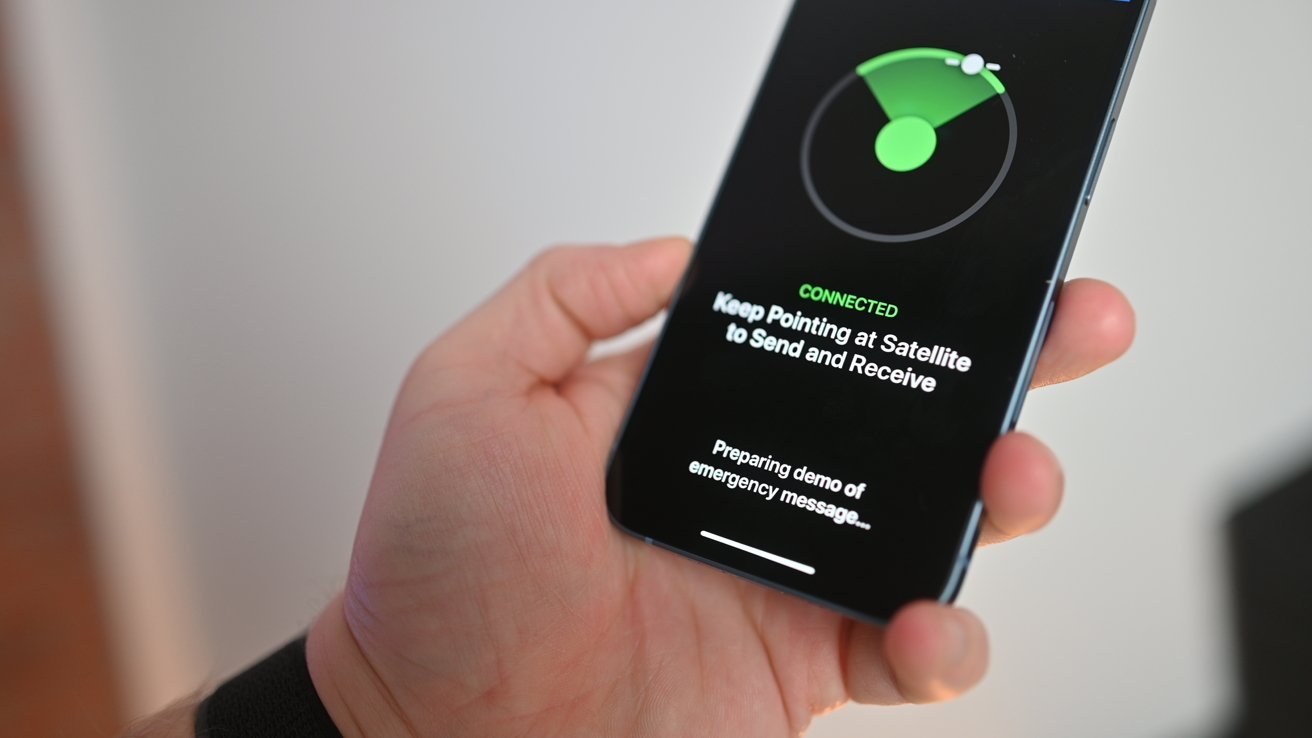
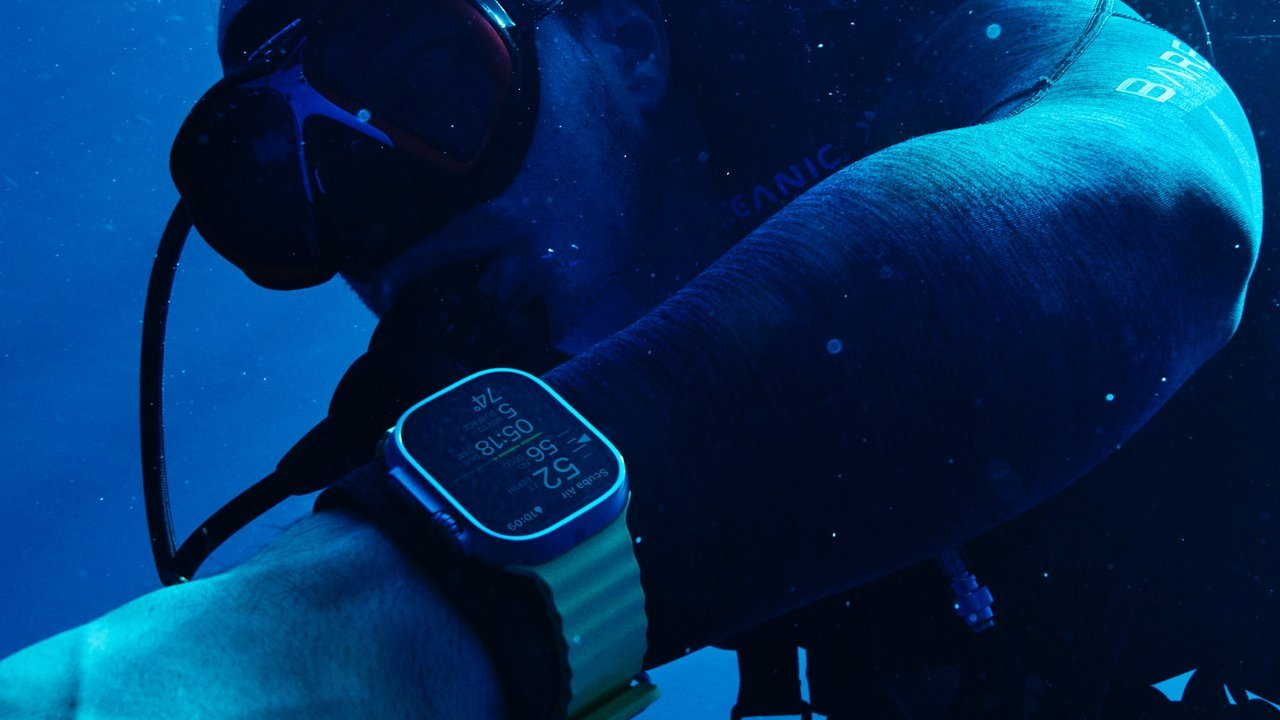
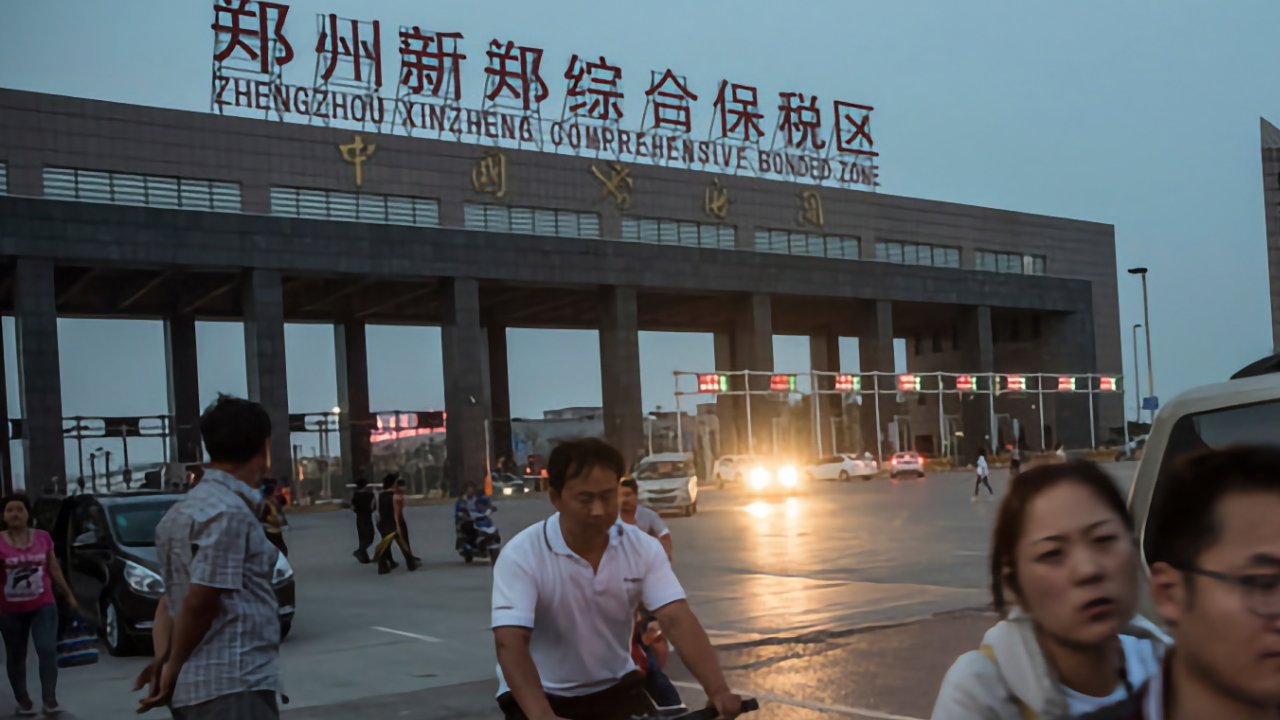
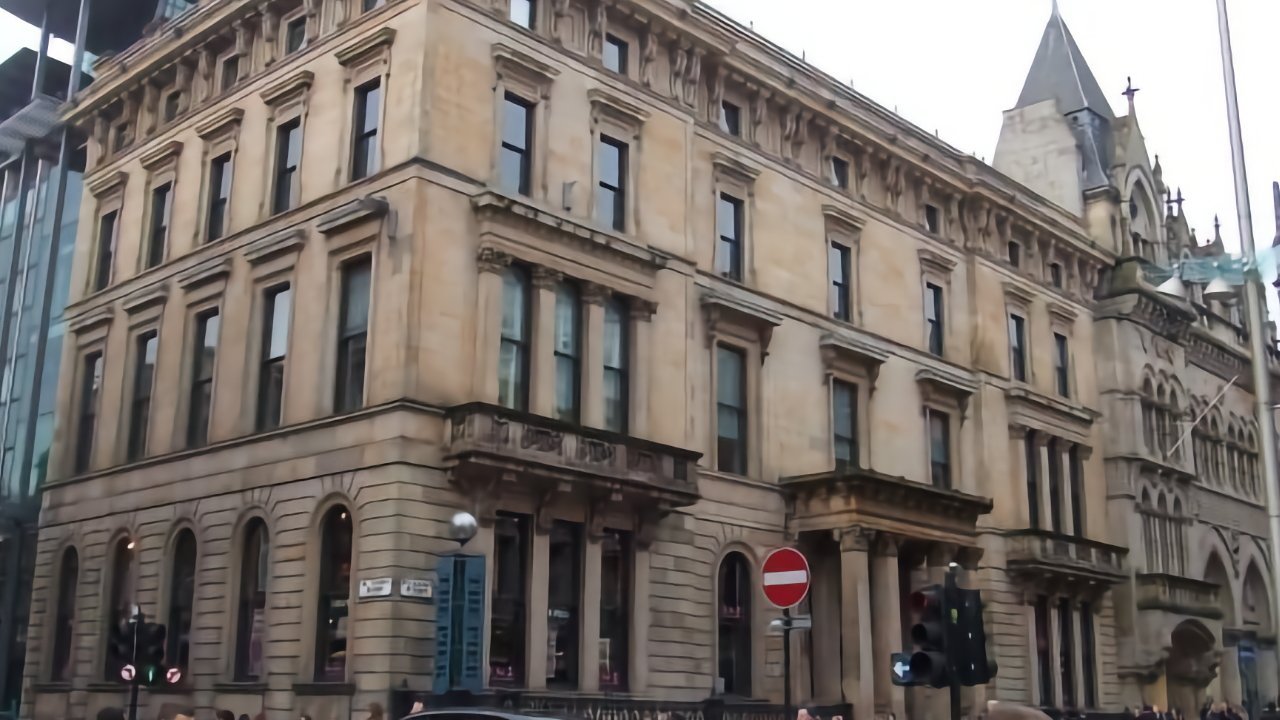
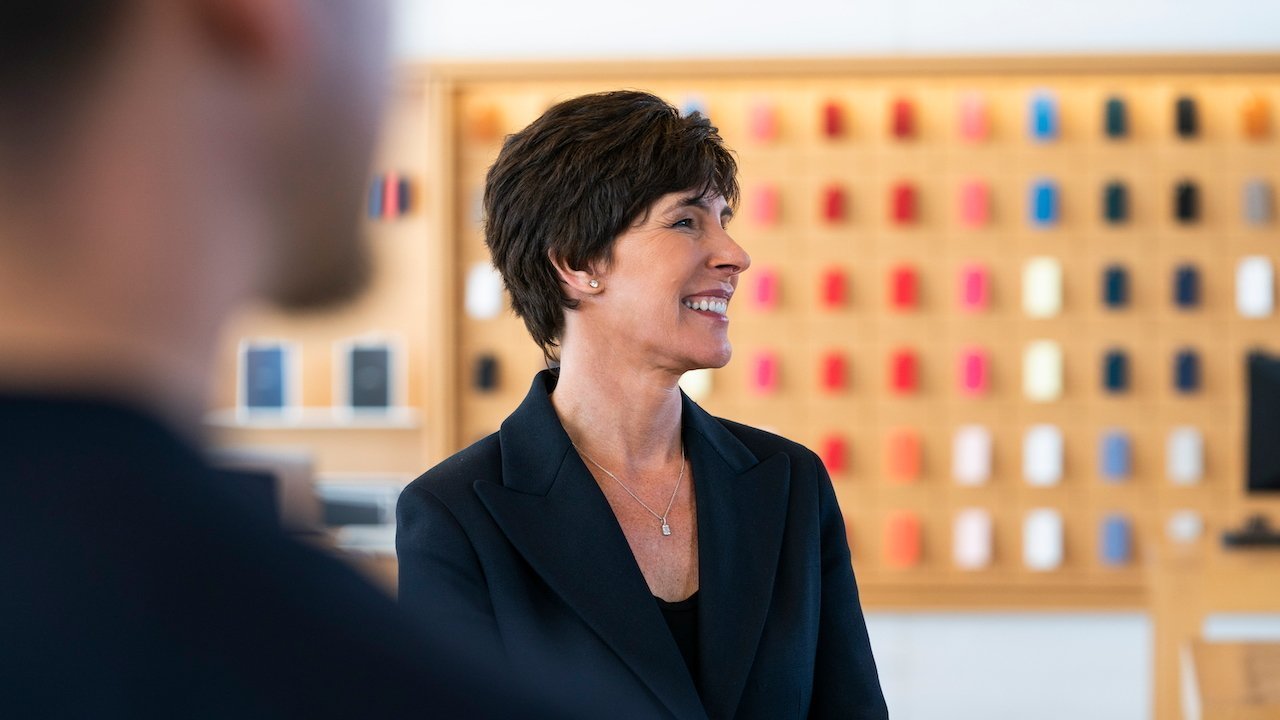
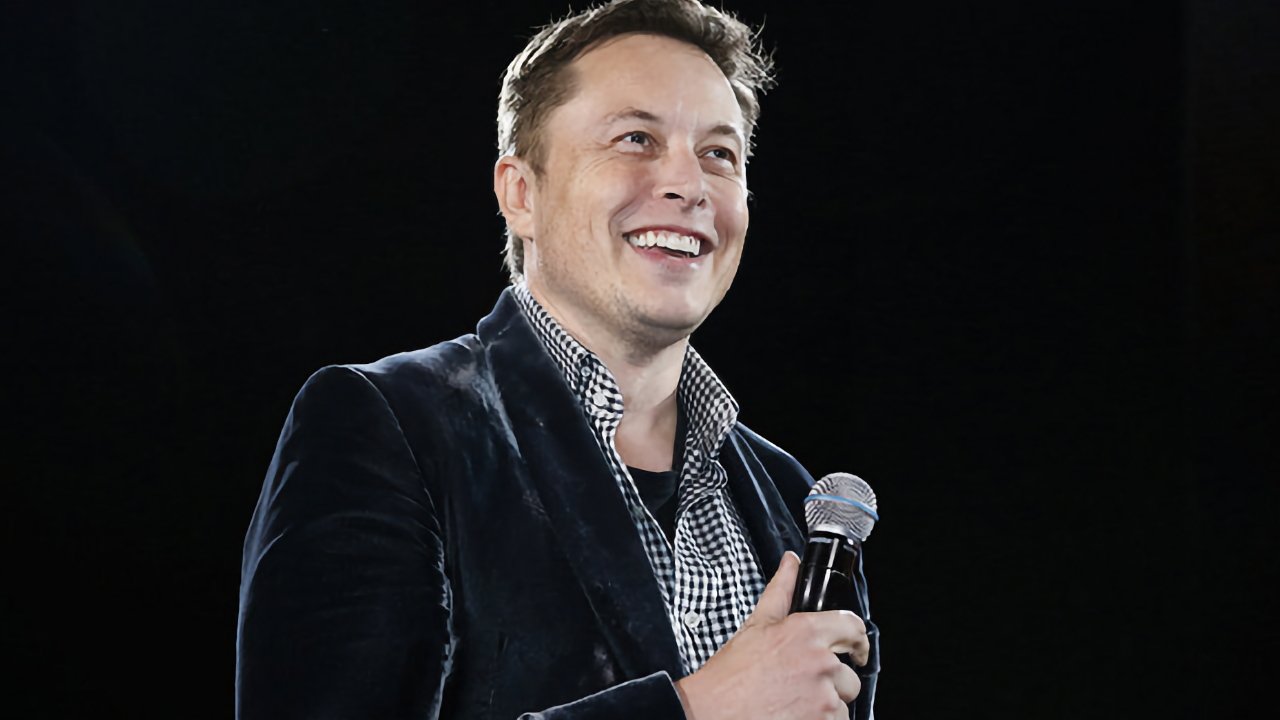
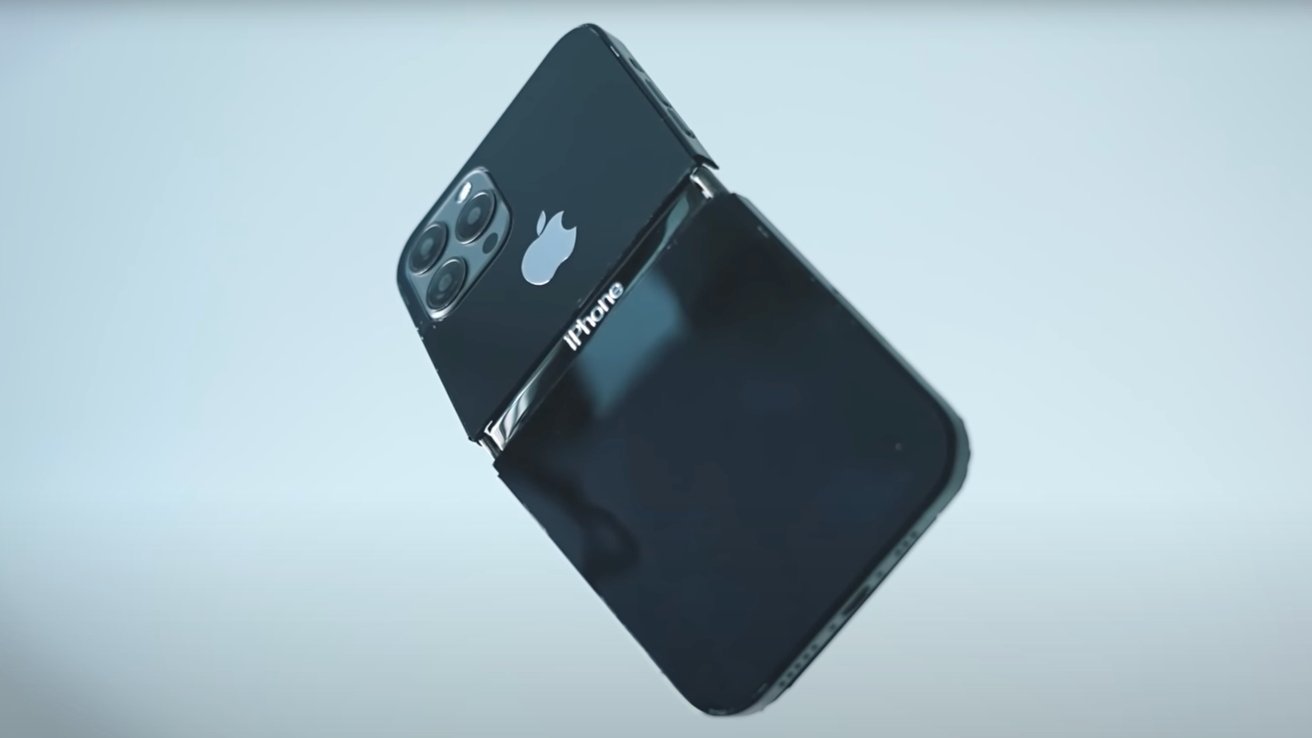








 Marko Zivkovic
Marko Zivkovic
 Amber Neely
Amber Neely
 Malcolm Owen
Malcolm Owen


 Christine McKee
Christine McKee




-m.jpg)






There are no Comments Here, Yet
Be "First!" to Reply on Our Forums ->